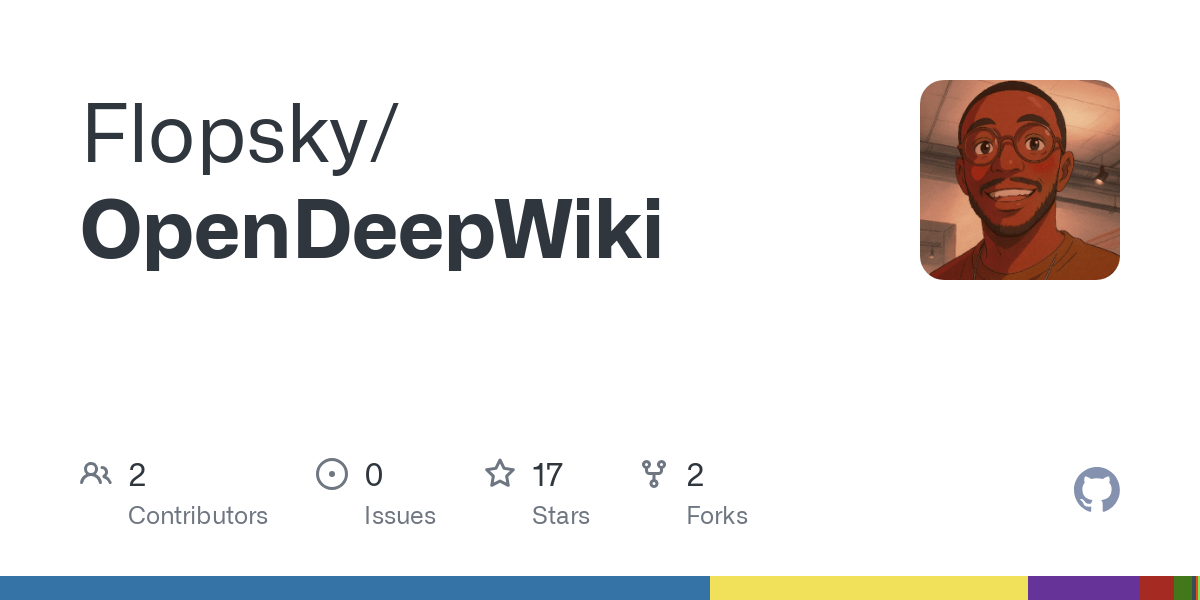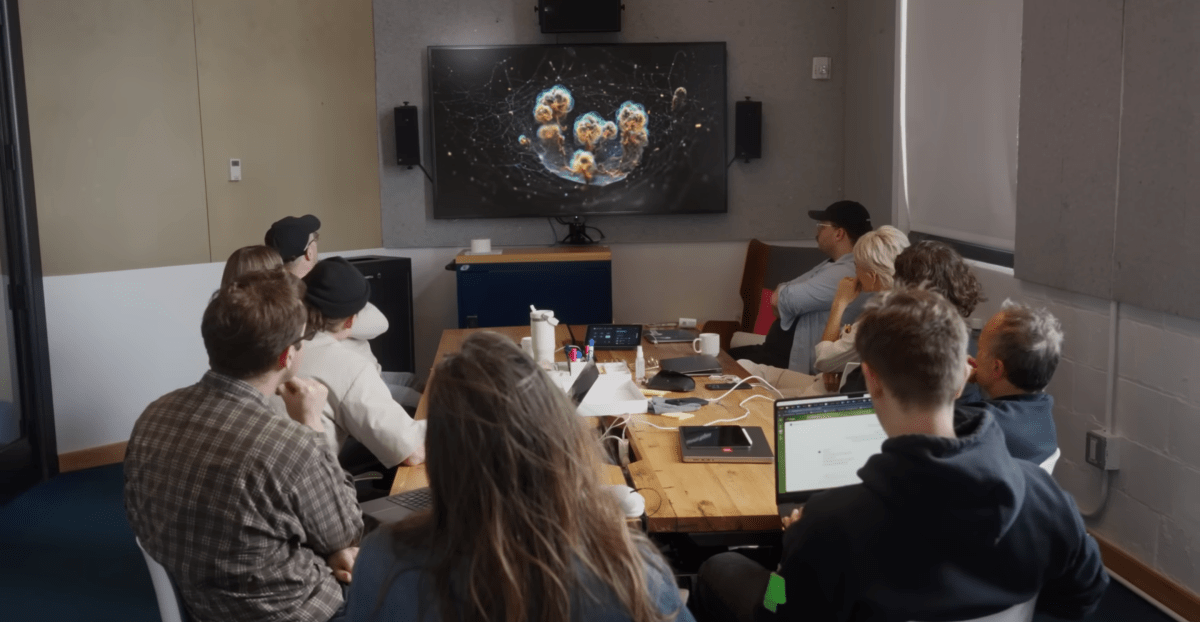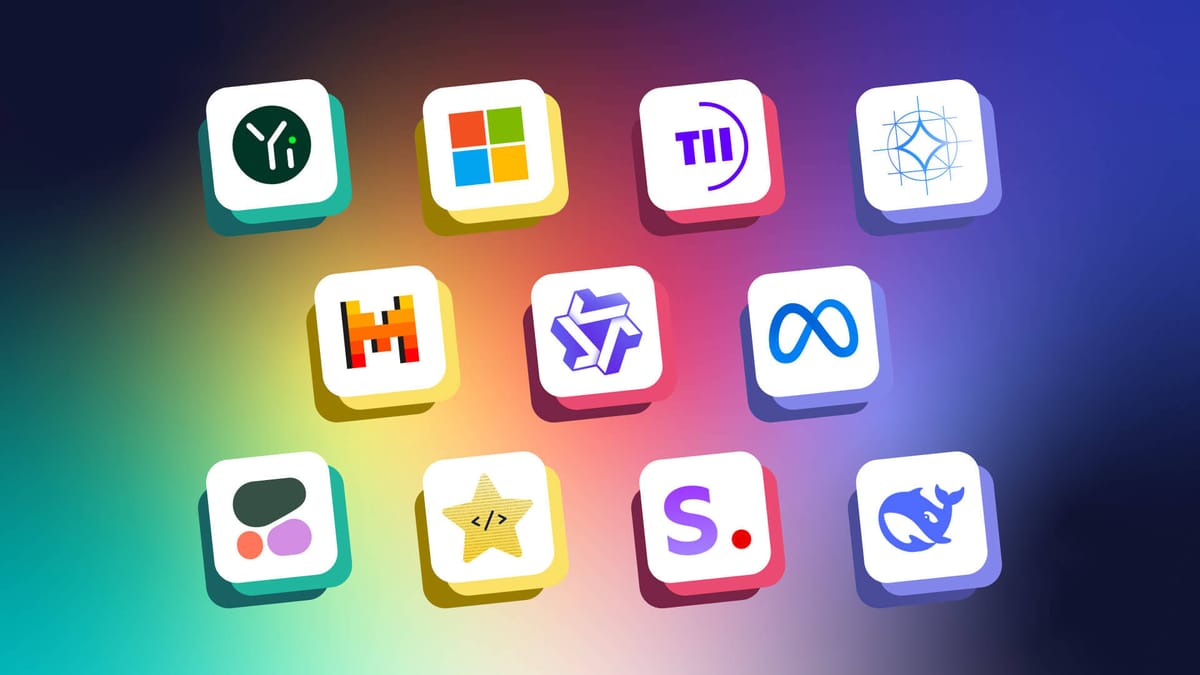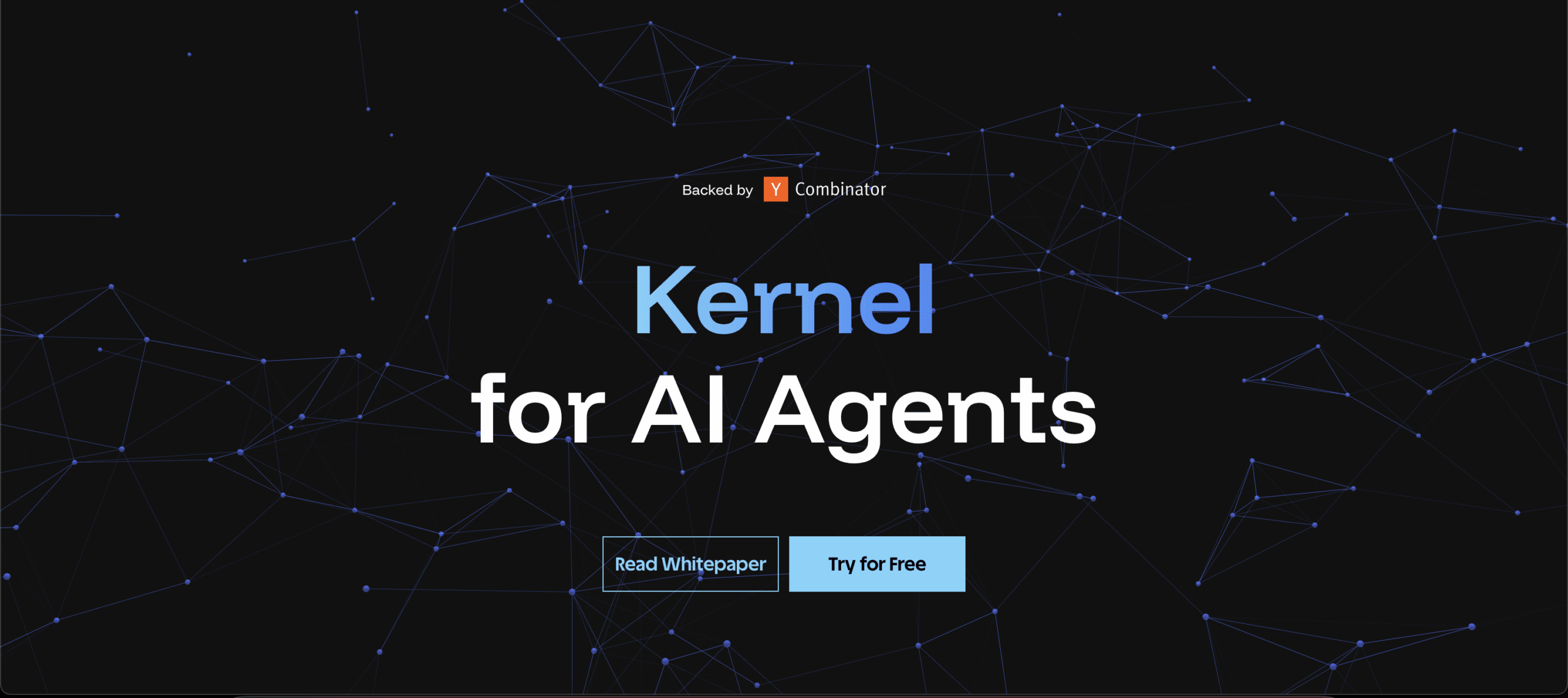OpenDeepWiki is an AI-driven tool designed to enhance the management and understanding of multiple codebases concurrently. It automatically analyzes various repositories, creating detailed documentation and offering an intelligent chat interface for querying code across projects. Features include multi-repository support with a unified chat interface, optimized processing, and a modern UI featuring glass-morphism aesthetics.
The platform incorporates advanced AI capabilities such as intelligent code analysis, cross-repository documentation extraction, and dynamic model selection from AI providers like Gemini, Claude, and OpenAI. Its architecture emphasizes efficiency with a robust pipeline for managing multiple repositories, ensuring thread-safe session handling and context caching.
Deployment is streamlined via Docker, and the tool supports both GitHub and local repositories. OpenDeepWiki promises to enhance workflows for developers working with complex, multi-service architectures, enabling intuitive interactions and insights across various projects, thereby transforming the coding experience.
Source link








